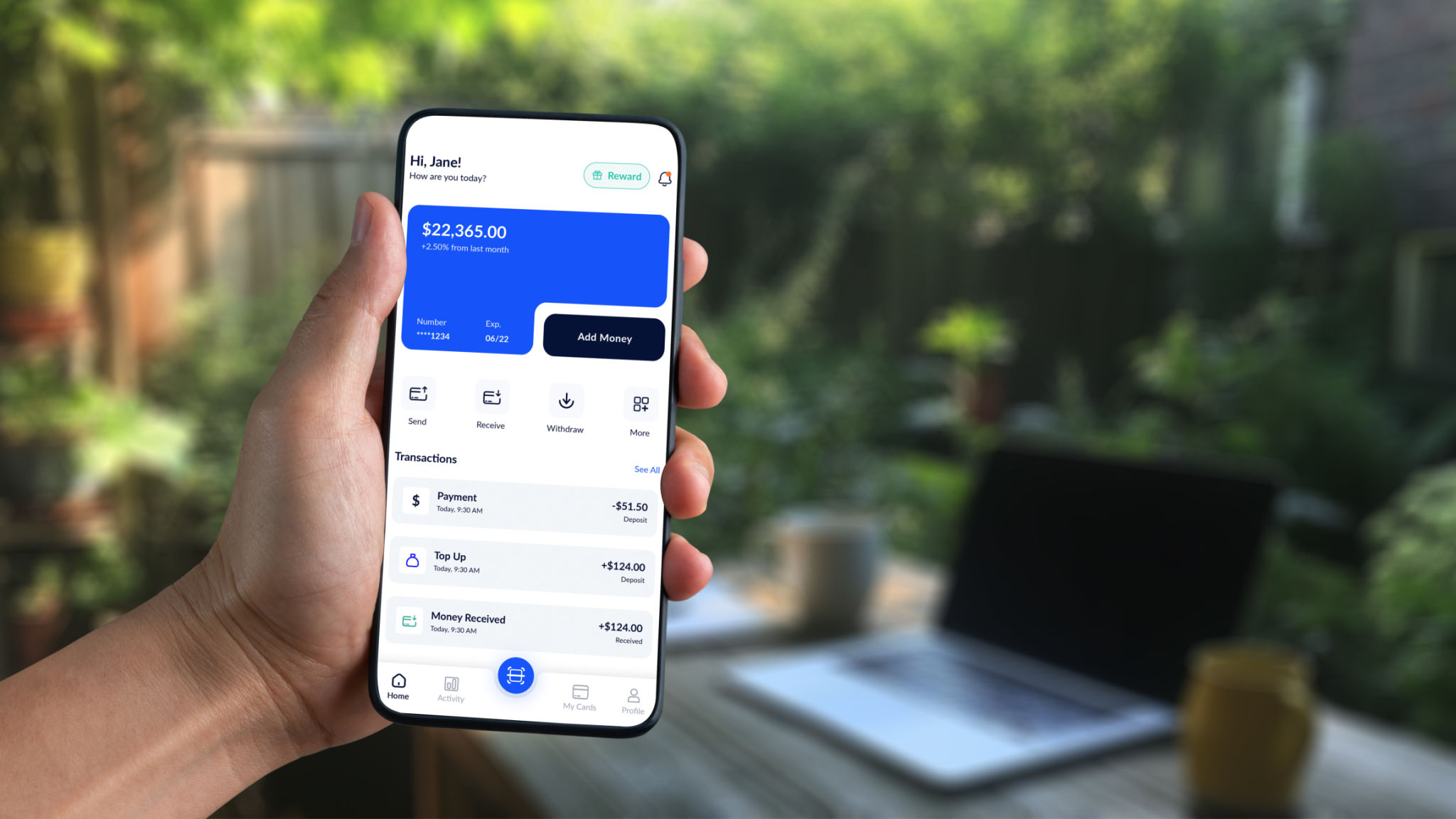Debunking Myths About Debt Management Apps
Understanding Debt Management Apps
In today's digital age, managing finances has become more accessible than ever, thanks to the rise of debt management apps. These apps promise to help users track their expenses, budget effectively, and pay off debts more efficiently. However, several myths surround these apps, which can prevent people from taking full advantage of their benefits.
Myth 1: Debt Management Apps Are Only for Those in Serious Debt
A common misconception is that debt management apps are only useful for individuals who are in significant financial trouble. In reality, these apps can benefit anyone looking to improve their financial health. Whether you're managing student loans, credit card debt, or simply trying to save more each month, debt management apps provide tools that help you understand your spending habits and make informed decisions.

Myth 2: Debt Management Apps Are Complicated to Use
Another myth is that these apps are complex and difficult to navigate. However, most debt management apps are designed with user-friendliness in mind. They offer intuitive interfaces and step-by-step guides to help users set up accounts and manage their finances without any hassle. Many apps also provide customer support and tutorials to assist users in getting started.
Moreover, these apps are often customizable, allowing users to tailor the features according to their needs. This flexibility ensures that users can focus on the aspects of their finances that matter most to them.
Myth 3: Debt Management Apps Are Not Secure
Security concerns are a significant reason why some people are hesitant to use digital financial tools. However, reputable debt management apps employ robust security measures to protect users' data. These include encryption, two-factor authentication, and regular security audits to ensure that personal and financial information remains safe.

Many apps also adhere to industry standards and regulations, providing users with peace of mind knowing that their data is handled responsibly. It's always a good idea to research an app's security features before using it to ensure it meets your expectations.
Myth 4: Debt Management Apps Cannot Replace Financial Advisors
While it's true that debt management apps cannot fully replace the personalized advice of a financial advisor, they serve as a valuable supplement to professional guidance. These apps offer insights into spending patterns, suggest budgeting strategies, and provide reminders for bill payments, all of which can enhance the advice received from a financial advisor.
In fact, some financial advisors recommend using these apps as part of a comprehensive financial strategy. By tracking progress in real-time, users can have more productive discussions with their advisors and make informed decisions together.

Myth 5: All Debt Management Apps Are the Same
The assumption that all debt management apps offer identical features is far from the truth. While many apps share common functionalities like budgeting tools and expense tracking, each app may offer unique features tailored to different financial goals. Some apps focus on specific areas such as credit score improvement or loan repayment strategies.
Therefore, it's crucial for users to compare different apps and choose one that aligns with their specific needs and preferences. Reading reviews and exploring trial versions can be helpful in making an informed choice.
Conclusion
Debt management apps are powerful tools that can aid in achieving financial stability and independence. By debunking these common myths, individuals can better understand the potential benefits these apps offer and how they can be integrated into everyday financial practices. Embracing technology in personal finance management has never been more accessible or beneficial.